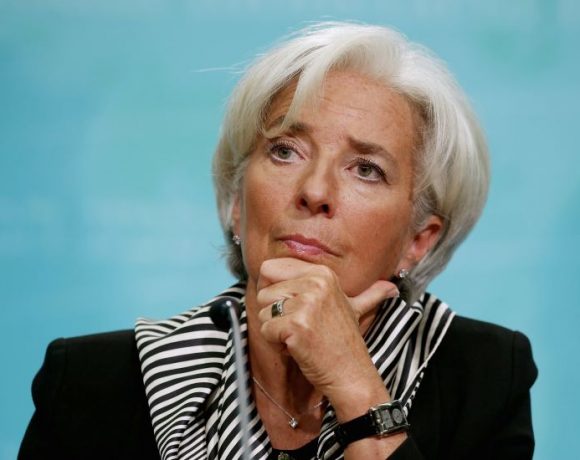
A man attacked six people, including a police officer, with a knife in Mannheim, a city in southwestern Germany, as confirmed by police. One of the injured was anti-Islam activist Michael Stürzenberger, who was preparing for a rally in the market square, organized by the Citizens’ Movement Pax Europa (BPE). The incident was livestreamed on YouTube, showing the attacker stabbing a man and then a police officer who tried to intervene. The officer is in critical condition.
The attacker was shot and injured by another police officer. German Chancellor Olaf Scholz condemned the attack, emphasizing that violence is unacceptable in a democracy and calling for severe punishment for the perpetrator. Mannheim police confirmed a major operation in the market square, with a rescue helicopter dispatched to the scene.
The attack occurred at 11:35 AM (10:35 BST) during the rally hosted by Michael Stürzenberger’s group. Stürzenberger was injured in the leg and face and requires surgery, though his life is not in danger. The attack, which seemed premeditated, took place before the rally began. The attacker injured five BPE members and one police officer, with the officer in critical condition requiring emergency surgery.
The suspect, whose identity has not been officially released, is a 25-year-old Afghan-born resident of Germany. Interior Minister Nancy Faeser suggested the possibility of an Islamist motive behind the attack.
Michael Stürzenberger, a far-right activist known for his Islamophobic blog and involvement with BPE, is a former politician previously affiliated with the Christian Social Union (CSU) before leading the now-dissolved right-wing party Die Freiheit.
Picture Courtesy: Google/images are subject to copyright









